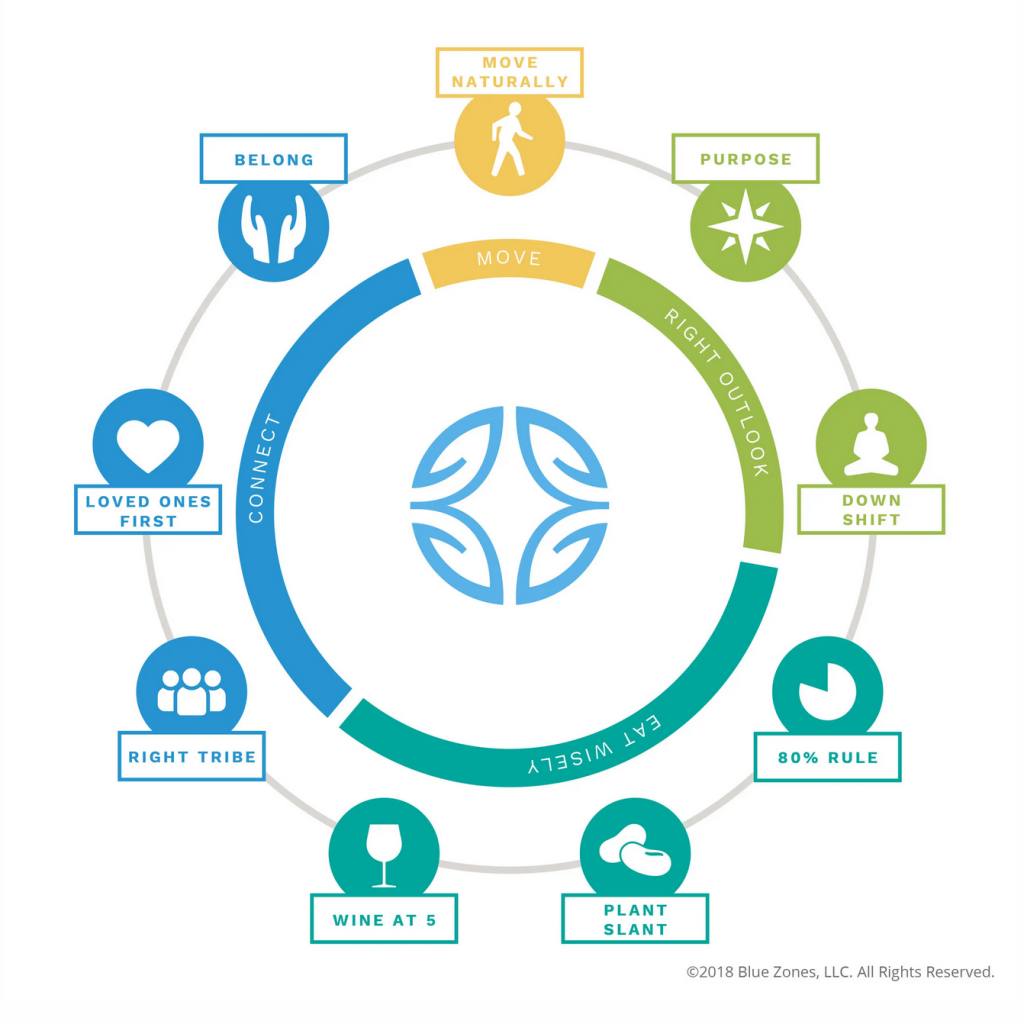Last Updated on February 13, 2021 by Colleen
Keto Diet Helps Many Lose Weight but Low-Carb Eating is Associated with Premature Death

I am inspired to write today because of a conversation I had with someone on Facebook who accused me of not understanding nutrition because I do not advocate and make products specifically for a Keto diet lifestyle. Keto is an extremely low carb diet that gets your body to burn fat at a higher rate. Keto dieters typically replace carbs with meat and animal fats, fats take up 70% of daily caloric intake.
Like many of us, Keto advocates typically have struggled with weight loss and the associated illnesses of obesity. They find success losing weight using the Keto diet. Not for nothing, they also get to eat a ton of tasty meat and dairy while doing it. For an omnivore, what’s not to love?
Ask Yourself This Before Trying a Keto Diet
What I always want to ask people using Keto to lose weight is this. Did they try eliminating sugar, refined carbs, and alcohol from their diets first, before going to Keto? You see, fats are where the body stores a lot of toxins, which is why I recommend using organic butter if you can only afford one organic staple in your kitchen.
And, Keto diets are very, very high in fat. Most people on Keto replace their carbs with animal fat, not plant. So you are eating an extreme amount of fats that may have toxins stored in them in order to burn your own fat.
Hmm, I would try lots of other things before upping animal fats to 70% of my caloric intake. But the conversation with Keto advocates usually doesn’t get that far because they are laser-focused on telling me we all need to be on a Keto diet forever and that all carbs are bad.

Keto Diets Can Be Useful
To be certain, Keto is helpful for certain medical conditions and for quick weight loss. It’s even being considered by the Navy Seals as it may allow them to stay underwater without oxygen longer (that sounds cool and scary). But if you aren’t a Navy Seal, Inuit fisherman, or have epileptic seizures or other medical specific medical conditions, there are two main things you should consider before going Keto long-term.
First, extremely low-carb diets are not an eating pattern common in most cultures, meaning your genes are likely not tuned up to thrive on Keto long-term. Lowering your body fat alone does not equate with health. Second, the large amounts of meat and dairy people typically eat on the diet are not good for the earth or the animals.

How Can You Evaluate the Keto Diet When the Science Seems Conflicting?
I have been in the nutrition field for decades. Over that time, diets and the recommendations and trends they reflect have changed dramatically. Eat butter. Don’t eat fat. Eat oatmeal. Eat margarine, not butter. Don’t eat oatmeal. Eat lots of fat but don’t eat margarine. The list goes on.
To navigate this shifting landscape, I have thought long and hard about how to reconcile the emerging science of nutrition. You see, if you are in the nutrition field and you keep recommending the latest trending diet, you’ll be eating a lot of crow over time as they fall out of favor. After all, there are so many studies out there that you can pretty much tell me how you want to eat, and I can find evidence to support it, even a Keto diet. That is unless you want to eat the “traditional” American diet. Nothing supports that.
New Diet Trends Should Be Evaluated Based on History
We need a lens through which we evaluate new dietary recommendations. My lens in defined by two guiding questions. First, is there a culture living healthfully in an area of the world that eats a diet similar to the new recommendation or trend? Second, if there is, has it developed over time in a way that their genes have adapted to it? By this I mean, could it be the diet is healthy for some isolated group that has been eating it for thousands of years, like the Inuit living on their native lands, but not for anyone someone of Irish decent living in NYC?

High and Low-Carbs Diets Linked to Premature Death: Moderation is Key
A recent large, prospective study published in The Lancet co-authored by researchers at the Harvard School of Public Health drew this conclusion about how carb intake influences longevity. Here is their summary.
Both high and low percentages of carbohydrate diets were associated with increased mortality, with minimal risk observed at 50–55% carbohydrate intake. Low carbohydrate dietary patterns favouring animal-derived protein and fat sources, from sources such as lamb, beef, pork, and chicken, were associated with higher mortality, whereas those that favoured plant-derived protein and fat intake, from sources such as vegetables, nuts, peanut butter, and whole-grain breads, were associated with lower mortality, suggesting that the source of food notably modifies the association between carbohydrate intake and mortality.

Blue Zone Diet Rises Above Keto Diet and Others
Having said I don’t like diet trends, I would like to encourage you to learn more about the Blue Zones project. Blue Zones is much more than dietary recommendations. Researchers looked at five areas of the world known for longevity and health. They found nine common dietary patterns and lifestyle habit or norms. To be sure, I don’t think the Blue Zone diet is the one and only healthy diet.
Blue Zone dietary recommendations are quite high on complex carbs, higher that the study noted above would support (more conflicting science). But a diet focused on healthy carbs, veggies and fruit with less meat and some fish has proven time and time again to be associated with desired health outcomes. And, it’s much better for the earth than a Keto diet heavy in meat and dairy.
In my opinion, the most important added value of the Blue Zones is the inclusion of a host of lifestyle factors beyond exercise. They emphasize building community and add dietary tips like eating only during an 8 hour window, which helps keep calories in check and give your liver a rest. Also recommended is intermittent fasting and eating together, which are time-honored traditions of many religions and cultures.

Bottom Line: Minimize Sugars, Refined Carbs, and Alcohol
No matter what diet or eating pattern you choose to try to get or stay healthy, you do need to minimize sugar, refined carbs (like white flour), and alcohol. Of course, obesity has much to do with toxicity, which isn’t always related to your food intake. Regardless, I suggest you try eliminating sugar in food and drink, all refined carbs, and alcohol for a month if you haven’t yet. See if you can meet your weight goals and get your insulin in check before trying a Keto diet.
Also, experiment with the Blue Zone guidelines. Find ones that will be easy for you to stick with and ones you enjoy. For me, I find fasting 2-4 days a month, eating in an 8 hour window each day, and limiting alcohol dinner to be very helpful. Share what lifestyle tips you find helpful in the comments. After all, we are in this together!
About Us
Colleen Kavanagh is the founder and CEO of ZEGO, a company that seeks to inspire changes in the food system so it better nourishes all people and our planet. She spent 20 years working to better nourish low-income children through improved public policies and programs, working for Congressman George Miller in Washington, DC and various anti-hunger nonprofits. She founded the nonprofit www.abettercourse.org. In 2013, she decided the only way to better nourish the most vulnerable is to leverage consumer demand through the marketplace to regenerating the food system and protect the most vulnerable. And that, lead to her starting ZEGO.
At ZEGO, we believe our customers have the power to change the food industry for the better. By giving you a platform and projecting your voice, we aim to change the culture of the food industry — establishing your right to know what’s in your food — so it better supports you, your community, and our planet.
